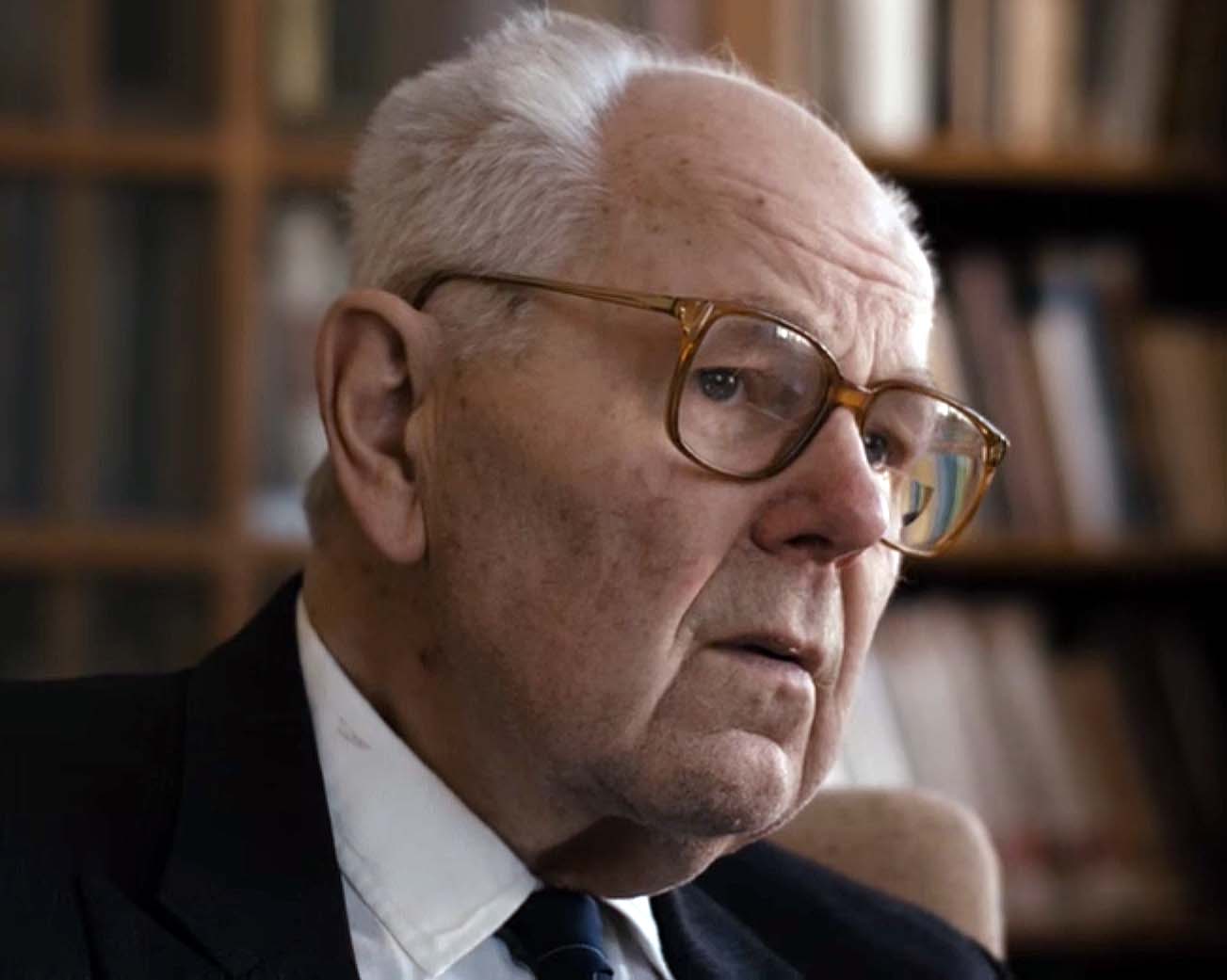The collection was started in March 1988. That is very early, if we consider that Vytautas Skuodis was a dissident and a Soviet political prisoner. Sąjūdis (the Lithuanian Reform Movement) had still not started, and a mood of stagnation prevailed in society. Thus, the establishment of the collection and the fact that the state archive started to collect material about Skuodis, as well as his agreement to provide the archive with documents from his private papers, allows us to envisage the changing political situation. Perestroika, initiated by Mikhail Gorbachev, had probably already reached a certain stage, and started to change the political climate in Soviet Lithuania.
The collection went through several stages of material supply provided by Skuodis and his family. Nevertheless, it has still not all been discovered by researchers and by society. One reason for this could be the status and evaluation of Skuodis in Lithuanian society today; another could be Skuodis' initiative to publish his memoirs by himself. So, for researchers, there is little reason to spend a long time working with the huge collection in the expectation of something new: Skuodis published a lot of material himself. However, the first reason is even more important: members of the political right did not see Skuodis and his activities as part of their own history and identity, even though he was a strong anti-Soviet dissident.
Vytautas Skuodis was a Lithuanian geologist and dissident. He was an associate professor at Vilnius University when he openly condemned the Soviet regime for its violations of human rights. In November 1979, he sent a letter to the US president Jimmy Carter. In the letter, he exposed violations of human rights in Soviet Lithuania. In 1979, Skuodis joined a dissident organisation, the Lithuanian Helsinki Group, which aimed to register violations by the Soviet regime, inform society and Western countries about the state of human rights in Soviet Lithuania, and to make protests in writing about violations of human rights. At the end of 1979, he was removed from his position at Vilnius University because of his anti-Soviet attitudes and activities. He was arrested in 1980 and sentenced to prison. KGB investigators used Skuodis’ collaboration with the underground publication Alma Mater as criminal evidence, and his initiating and editing of the underground intellectual journal Perspektyvos. During a search of his flat, the KGB found the manuscript of his book Dvasinis genocidas Lietuvoje (Spiritual Genocide in Lithuania), which was added to the evidence against him.
At that time, Perspektyvos was the most sought-after underground publication among the Lithuanian intelligentsia. It came out sporadically between 1978 and 1981, with about 60 pages to each volume. During this period, 22 volumes were published. The publication expressed anti-Soviet ideas, examining ways to achieve freedom for Lithuania. It is interesting that ideologically it was close to ideas of euro-communism, and that distinguished it from other underground publications. Although the journal was not the only underground periodical publication, and the period of its publication was quite short, Perspektyvos was valued by Lithuanian scholars and cultural figures because of its intellectual sophistication. There was a whole network of members of the underground intelligentsia who received volumes of the journal from trusted people, with a short time (usually one or two days) to read a volume and give it back.
In 1993-1998, Vytautas Skuodis worked as the director of the newly established Genocide and Resistance Research Centre of Lithuania. He set a moderate policy, and because of that he was accused by Lithuanian nationalists of working hand-in-hand with ex-communists. After the Lithuanian Conservative Party won parliamentary elections, Skuodis was forced to leave his post. He took retirement in order to write his memoirs.
The latest public appearance by Vytautas Skuodis was his participation in the documentary Aš už tave pakalbėsiu (When We Talk About the KGB, Maxì Dejoie, Virginija Vareikytė, Italy/Lithuania, 2015). In the film, he was interviewed together with his former interrogator Vytautas Urbonas, a lieutenant-colonel in the KGB.

